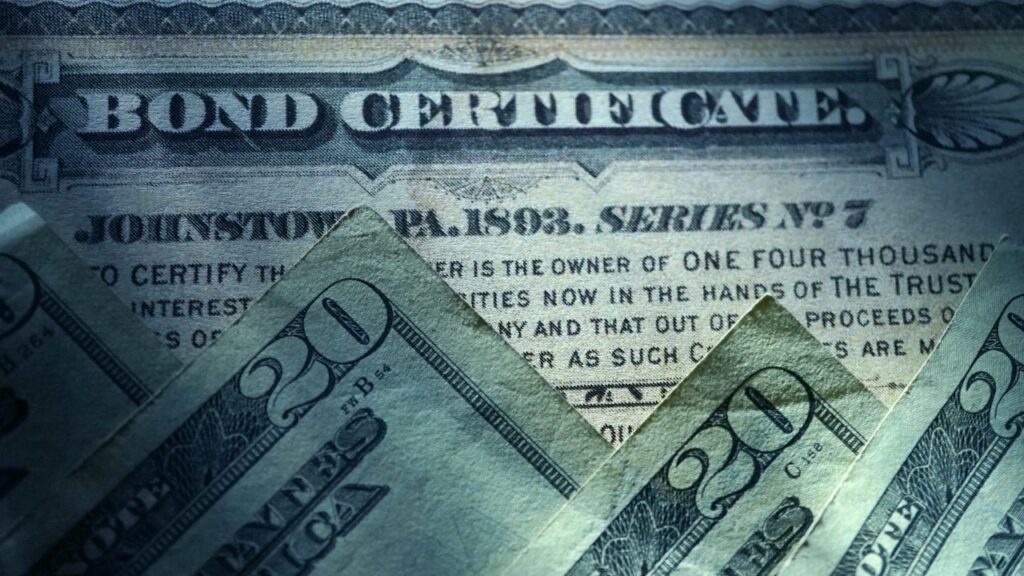Investing in corporate bonds is a popular way to diversify a portfolio and potentially earn regular income with lower risk compared to stocks. Bonds offer a stable cash flow and are less volatile than stocks, making them an attractive option for investors. Here’s a closer look at what corporate bonds are and the risks and rewards associated with them.
Corporate bonds are debt securities issued by companies to raise capital. When an investor buys a corporate bond, they are essentially lending money to the company in exchange for periodic interest payments and the return of the principal amount at maturity. Corporate bonds differ from government bonds and municipal bonds in that they are issued by private companies.
What is a corporate bond?
A corporate bond is a form of debt issued by a company to raise funds. The issuer, or borrower, agrees to pay interest to the bondholder over a specified period, with the principal amount repaid at the bond’s maturity. Corporate bonds can be fixed-rate, where the interest rate remains constant, or floating-rate, where the rate fluctuates based on market conditions.
Interest payments on corporate bonds are typically made semi-annually and are known as coupons. The face value of a corporate bond is usually $1,000, and investors can buy individual bonds or invest in bond ETFs for diversification.
Corporate bonds are rated by credit agencies such as Standard & Poor’s, Moody’s, and Fitch. Investment-grade bonds are considered lower risk, while high-yield bonds, also known as junk bonds, carry higher risk due to their lower credit ratings.
How bonds are rated
Bonds are rated based on the creditworthiness of the issuer. Higher-rated bonds offer lower interest rates, reflecting the lower risk of default. Investment-grade bonds are considered safer investments, while high-yield bonds carry higher risks but also potentially higher returns.
What are the risks and rewards of corporate bonds?
Corporate bonds offer a mix of risks and rewards for investors. Advantages of investing in corporate bonds include regular cash payments, lower volatility compared to stocks, and potentially higher yields than government bonds. However, corporate bonds also have disadvantages, such as fixed interest payments, exposure to interest rate fluctuations, and the risk of default.
How to buy a bond
Buying a corporate bond can be done through major brokers like Interactive Brokers, Fidelity Investments, and Charles Schwab. Bond prices can fluctuate based on various factors, including changes in the issuer’s credit rating, business performance, and interest rate movements.
Why you might like bond ETFs instead of bonds
Bond ETFs offer a convenient way to invest in a diversified portfolio of corporate bonds without the need to select individual issues. Bond ETFs provide diversification, require less analytical work, and offer lower minimum investments compared to buying individual bonds. They are also typically more liquid and cost-effective.
Bottom line
Corporate bonds can be a valuable addition to a diversified investment portfolio, providing stability and income. Whether you choose to invest in individual bonds or bond ETFs, it’s essential to consider the risks and rewards associated with corporate bond investing.

